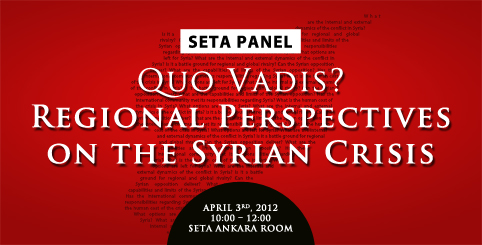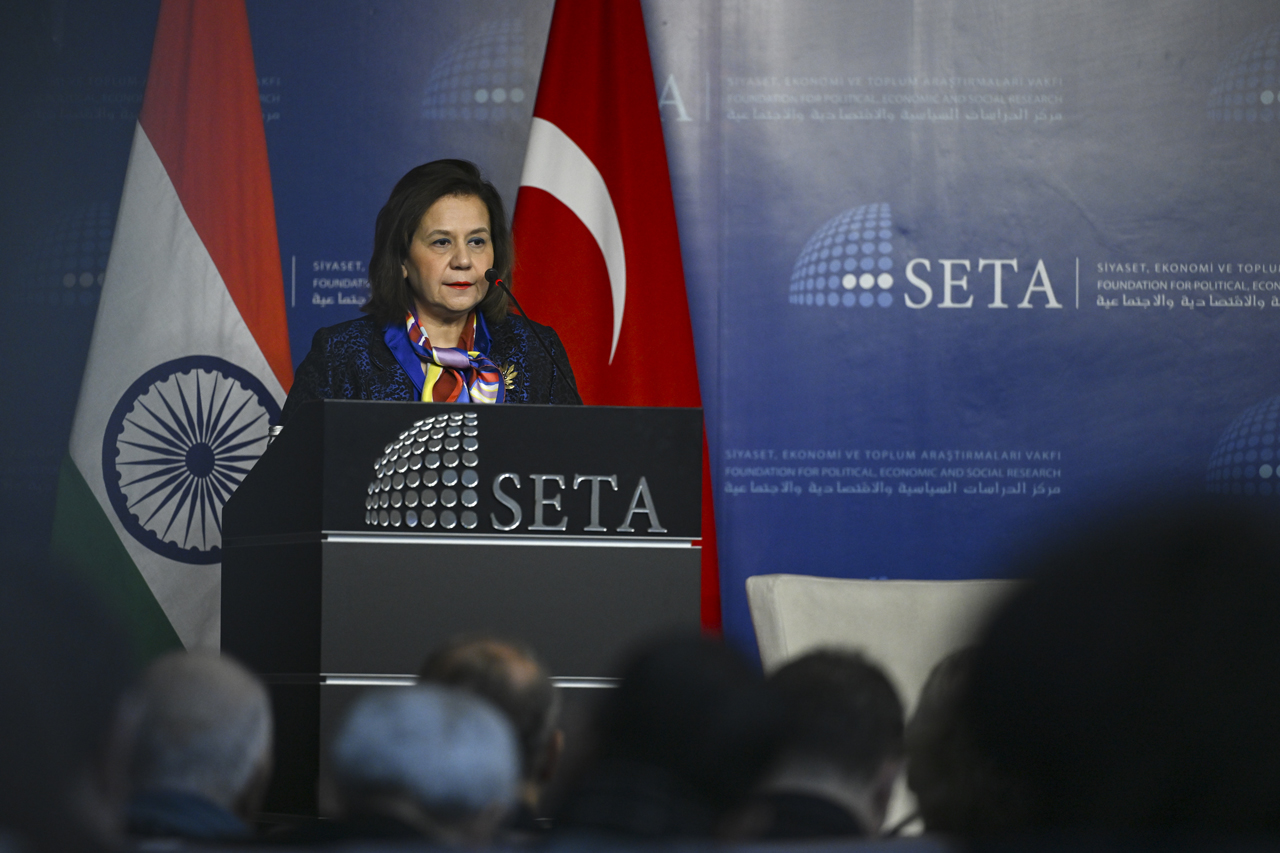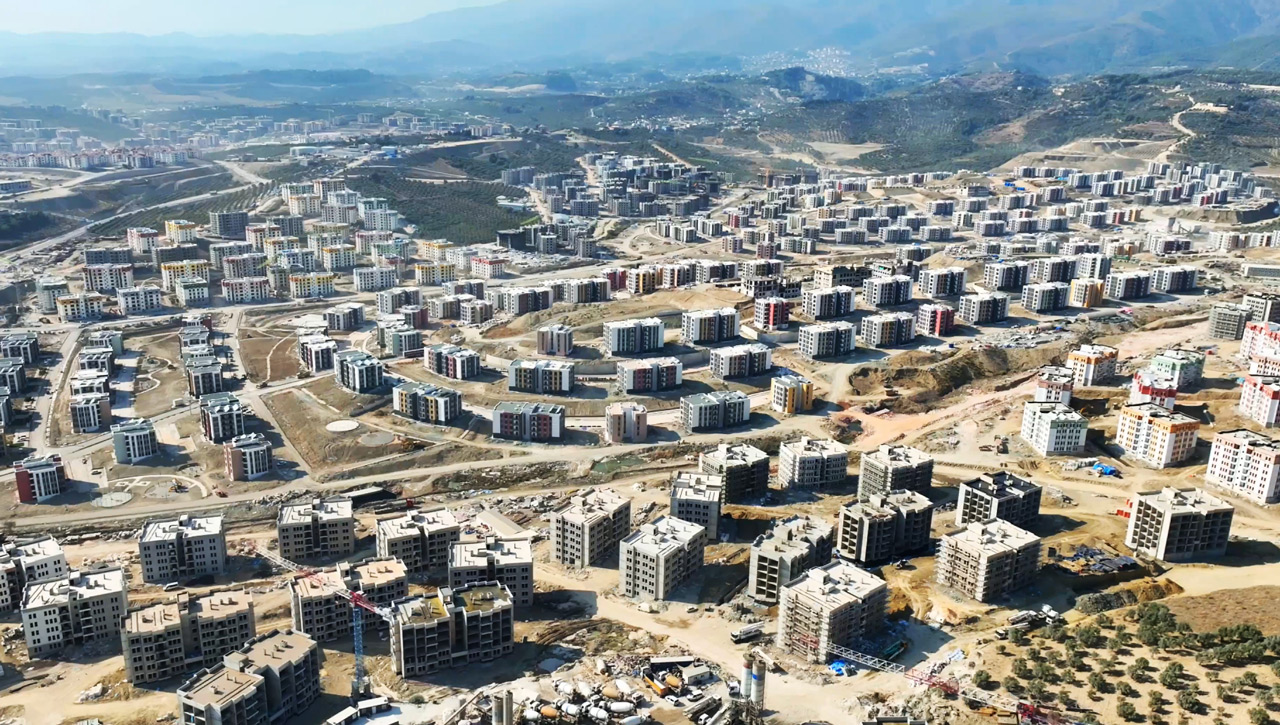Since the first days the Arab uprisings reached Syria, in fact since the days Arab uprisings became a possibility in Syria, those who could not agree on anything, let alone a common “imagined Middle East,” agreed on one thing: If the al-Assad regime were to collapse, chaos would surely ensue.
This eschatological prediction represented the common ground — albeit articulated differently — between the political actors of differing positions. Russia, Iran and China if it were to be considered, with their support for the Ba’athist regime and the United States, the European Union and Israel, if it were to be considered, tried to maintain the al-Assad regime as a regime that “should neither be condoned, nor necessarily overthrown.”
There is only one reading of this bizarre picture: The status quo in the region does not disturb anyone except Turkey and the actors of the Arab Spring. The assumption, which insists on coupling Kissinger and Laricani, is simple: “Should al-Assad step down, disaster will ensue.” This assumption not only asserts that a region with al-Assad is possible, but it insists that it would in fact be better. Is that really so? Let us ask this in another way: What could happen if al-Assad does not step down?
The crushing majority of those the al-Assad regime continues to massacre are the Sunni Muslims who constitute the crushing majority of the Middle East. What clears the path for sectarian proxy wars better, to put an end to these massacres or to stand aside and watch them play out? The actors in the uprisings that make up the crescent extending from North Africa to the Middle East are not only related ethnically, but also politically.
Those who came to power in Tunisia, Egypt and Morocco and those who are expected to come to power in Libya roughly share the same tradition with those political actors who have been subjected to these massacres for years in Syria. Is it possible for those who simply remain as bystanders in the Syrian massacres to establish good relations with the new actors in the region? Is it possible for Iran, which practices nation-building by setting itself against Israel and the West and ferociously supports Syria, where Hamas was forced to leave, to have any strategic depth in the region in the long run? Is it possible to state that even if the wave al-Assad is trying to suppress with no holds barred is quelled, it will not break out as a political tsunami in another area of the region?
The supporters of the al-Assad regime appear to have based their calculations on so-called realistic geopolitical strategies. Nonetheless, we are yet to hear a resounding “yes” to the above questions from the realist neo-Westphalian approach of this front, which it is claimed is deeply strategic.
It seems that, with the confusion caused by the failure to give a “yes” answer and the attempt to stand against the currents of history, this front has equated the levels of their principles and analyses to the shallowness of the al-Assad regime. Soon it will be necessary to expand even more effort than the efforts expanded to explain the current deviations of the post-Camp David Order to the peoples and the new actors of the Middle East. But it will be too late!![]()









